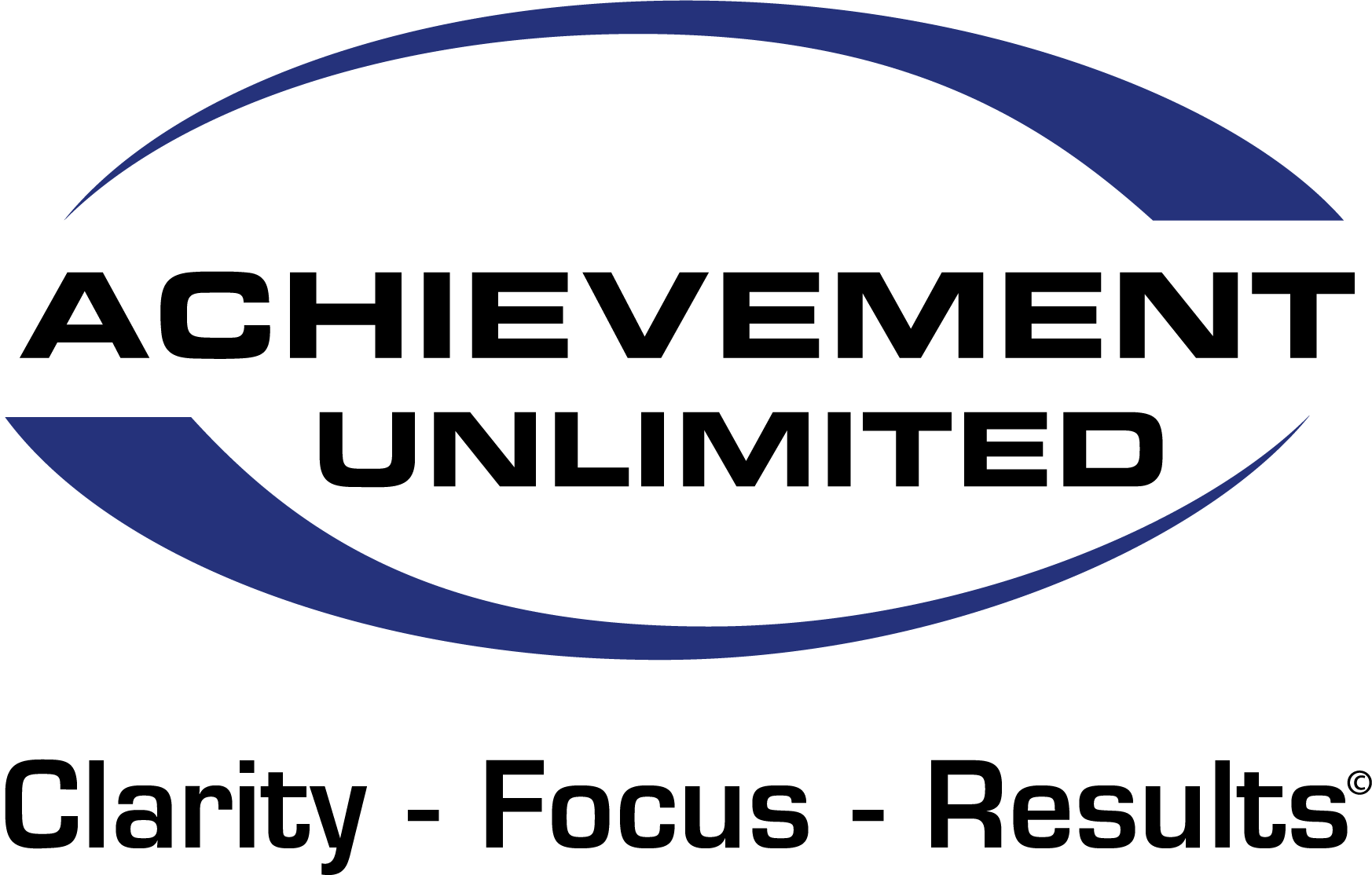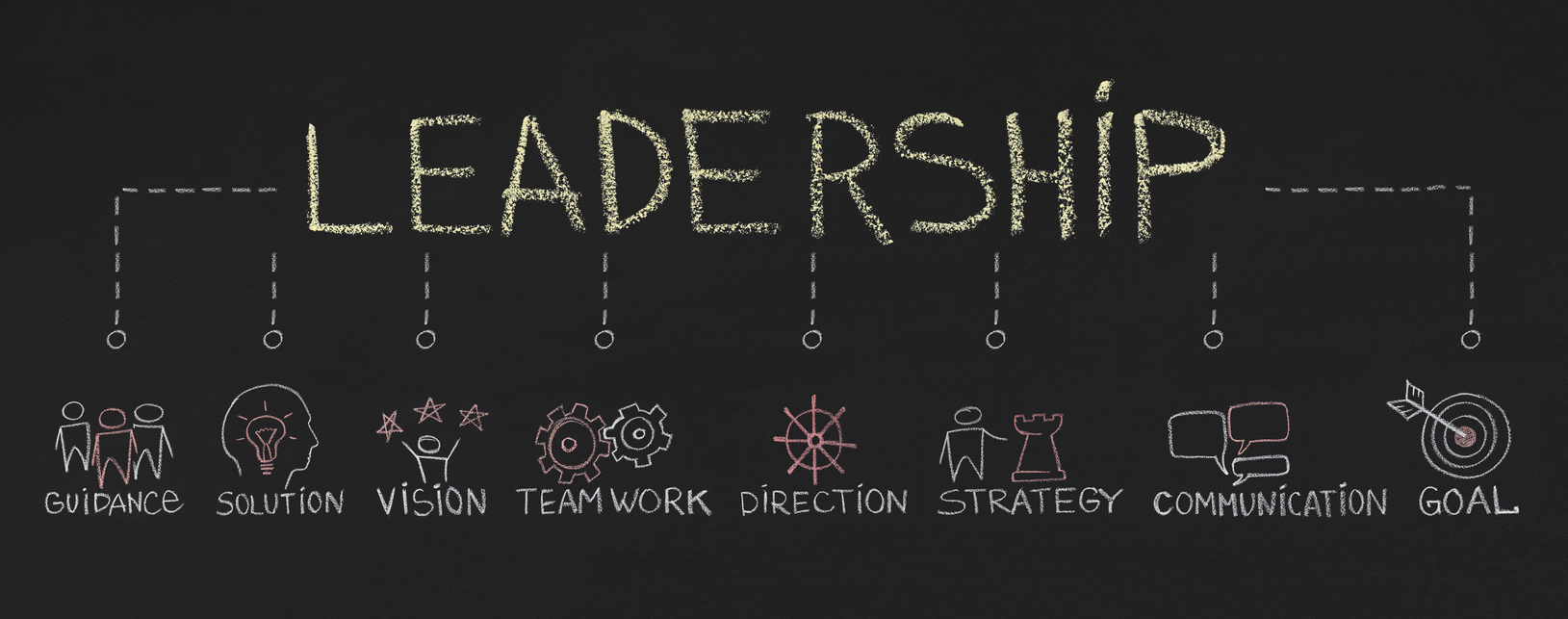Crafting a Successful Future: Mastering SMART Goal Setting to Achieve Your Dreams

“Begin with the end in mind.” This timeless principle, popularized by Stephen Covey, holds the key to a successful and fulfilling life. Goals, like guiding stars, illuminate our path and empower us to shape our destinies. The act of goal setting is a deliberate step towards carving out our desired future. In this journey, understanding the essence of effective goal setting and utilizing the SMART framework can be transformative.
A goal is more than a vague aspiration; it’s a written, tangible target that delineates the results or outcomes we aim to achieve.
The acronym SMART succinctly encapsulates the attributes that render goals effective: Specific, Measurable, Achievable, Realistic, and Time-Bound. Let’s break down the components that shape these transformative goals.
Specific:
The specificity of a goal provides clarity that propels action. Define who is involved, what needs to be accomplished, identify the location, establish a timeframe, and outline the requirements and constraints. This precision turns vague ambitions into focused targets.
Measurable:
Measurement is the yardstick of progress. To make a goal measurable, identify the metrics that signify achievement. Quantify your goal by asking: how much, how many, and how will I know when it’s accomplished? Tangible metrics fuel motivation and track progress.
Achievable/ Attainable:
An effective goal stretches your capabilities while being within the realm of achievability. Plan steps that establish a timeframe allowing you to carry out the necessary actions. Aim high, but ensure your goal is grounded in the realities of your resources, time, and skills.
Relevant and Realistic:
Does your goal align with your current reality? Evaluate whether the goal serves a relevant purpose within your broader aspirations. Assess if the conditions necessary for success exist and if the goal harmonizes with your life’s overarching objectives.
Time Bound and Tangible:
A goal without a timeline often languishes in the realm of intentions. Establishing a deadline infuses a sense of urgency, motivation, and commitment. A tight timeline acts as a catalyst for action, propelling you forward.
Remember, a goal is more than a wish; it’s an intention coupled with a strategic plan. By adhering to the SMART framework, you transform aspirations into achievable milestones. As you progress, remember Covey’s timeless adage: “Begin with the end in mind.” Visualize the culmination of your efforts and harness the power of effective goal setting to craft a future of purpose, growth, and accomplishment. Your journey towards success starts with a clear vision and the determination to create it.




Recent Comments